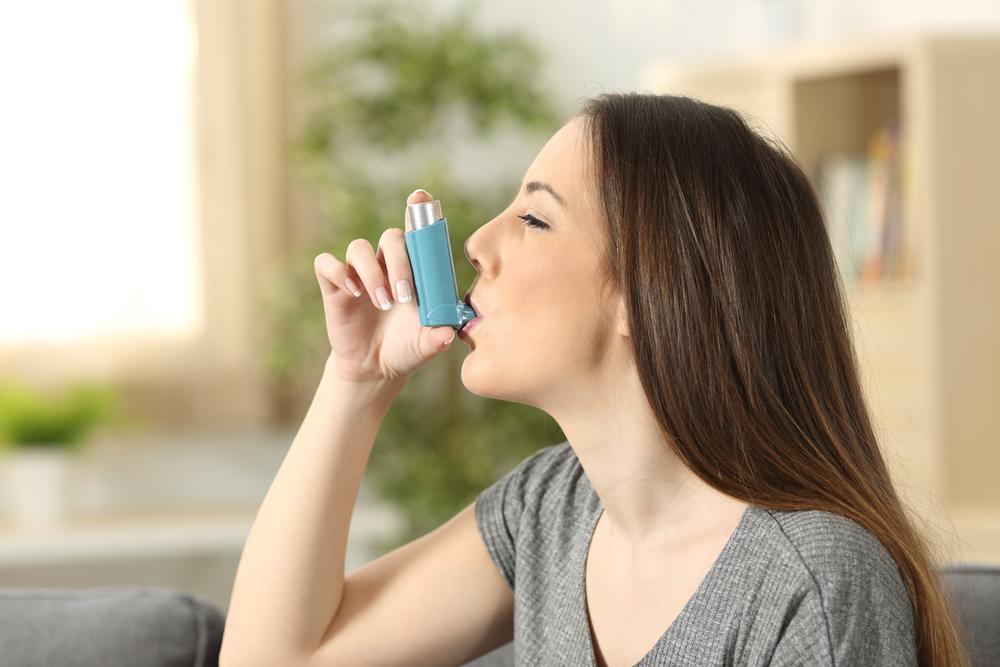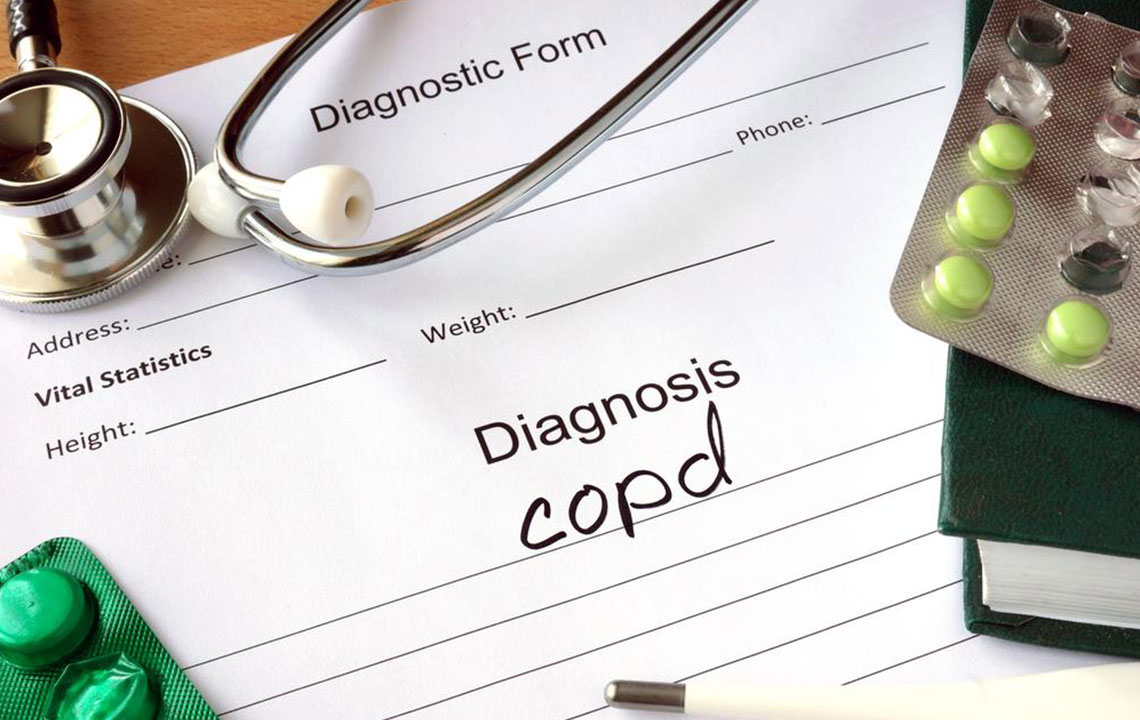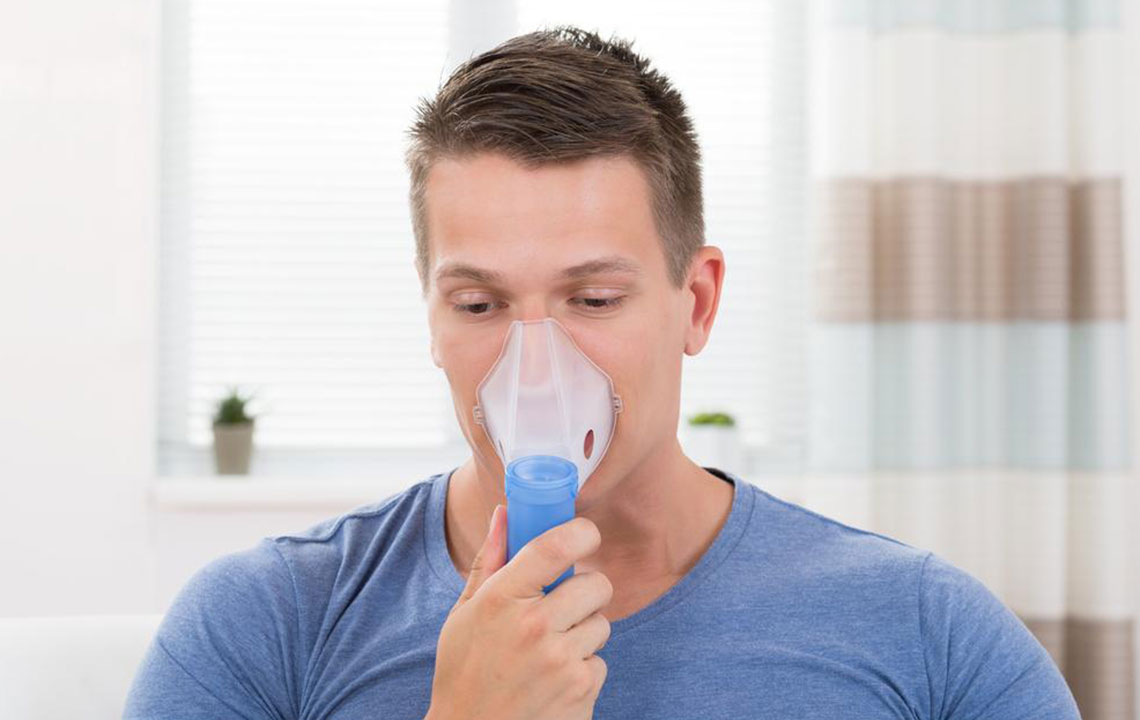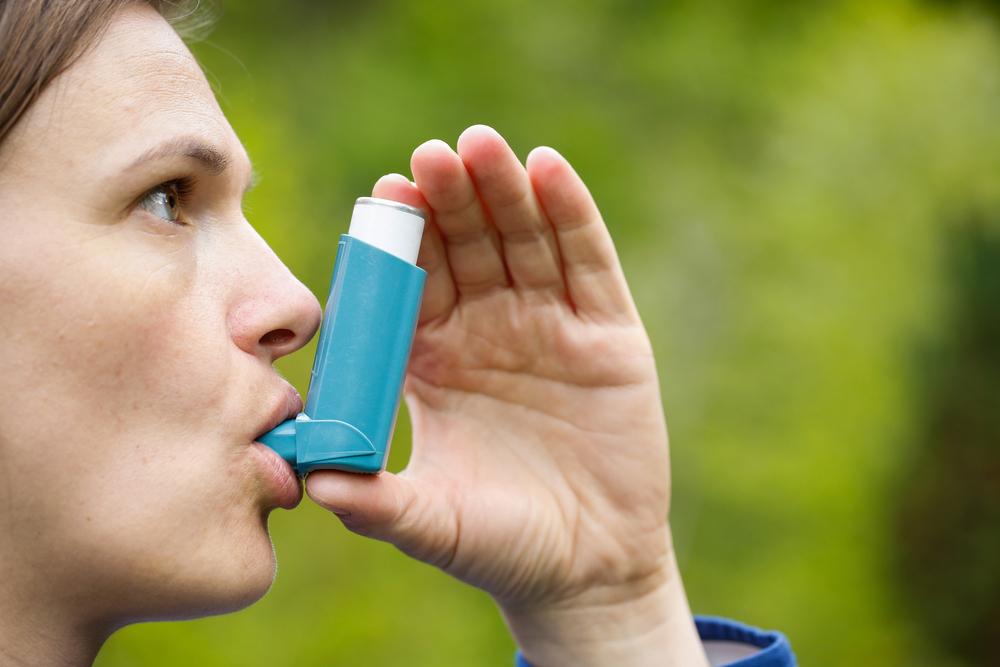Understanding COPD and Treatment With COPD Inhalers
COPD stands for the chronic obstructive pulmonary disease. This particular lung disease makes breathing extremely difficult as the airflow to and out of the lungs is obstructed. COPD is known to gradually worsen, but it is possible to treat it. Following are the symptoms of COPD:
-One of the hallmark symptoms of COPD is breathlessness
-Chronic coughing, cough might contain mucus or phlegm
-Feeling tired while performing everyday activities
-Feeling of tightness in the chest that worsens when doing a physical activity
-Wheezing (a whistling sound while breathing)
-In the later stages, there is a significant weight loss
-Lips and nails get blue in color
-Swelling of legs and feet
The symptoms of vary from person to person.

According to the World Health Organization, about 210 million individuals worldwide suffer from COPD. They have also estimated the fatality rate to increase by 30% in the next 10 years. People suffering from COPD are at a risk of conditions like heart diseases, lung cancer, and even depression. It’s high time to be more aware of the causes and take more significant measures for prevention.
Causes of COPD
-Smoking; active and passive smokers are at a risk of COPD
-Chemical or dust fumes from industries
-Certain environmental factors such as pollution
-Sometimes genetics plays a part. Even if someone has never smoked, they still can be diagnosed with COPD
Diagnosis of COPD
There are various tests that are conducted to diagnose COPD, which are listed below:
-Lung Function Test
-Chest X-ray
-CT scan
-Arterial Blood Gas Analysis
-Laboratory tests
Treatment for COPD
Due to a great development in the field of science and medicine, COPD can be treated. Once you are diagnosed with COPD, you do not have to stop living your life. If you are a smoker, it might be a sign to stop smoking and adapt to a healthier lifestyle. If you have a mild case, then COPD inhalers may be all you need. Apart from that, the following are the treatments for COPD:
Medication
The medication is administered with the help of COPD inhalers. There are two ways of administration: Single or in combination. It is used as prescribed to you by a medical practitioner based on your condition. When talking about COPD inhalers, we need to understand that there are many kinds of inhalers: bronchodilator, corticosteroid and combination inhalers. There are many brands of COPD inhalers on the market. Symbicort, Combivent Respimat, and Spiriva are some of the common inhalers available.
Lung therapy
-Oxygen therapy: There are devices used in oxygen therapy providing Supplemental oxygen. It can be used while sleeping or during activities like reading, working and so on. You will only be prescribed this if COPD inhalers don’t work for you.
-Pulmonary Rehabilitation Programs: This includes awareness, getting counseling and taking proper nutrition. You can take help from trainers to guide you through the physical activities.
These therapies might not help you get rid of COPD but can prove to be very helpful in the long run and reduce your dependency on COPD inhalers.
Surgery
In severe cases, surgery is an option. These medical procedures include lung transplant, lung volume reduction surgery, and bullectomy.
The most common form of treatment is the use of COPD inhalers. They are easy to administer and can be carried along almost anywhere.
Preventing COPD from worsening
Taking proper care is extremely important. You will have to make some changes in your habits. If you are a smoker, quitting smoking must be step one. If you take medication with the help of COPD inhalers, make sure you are using it correctly. If you decide to go for therapy, stick to the routine you are asked to follow. Our body is the only treasure we have, we need to take proper measures to care of it.




